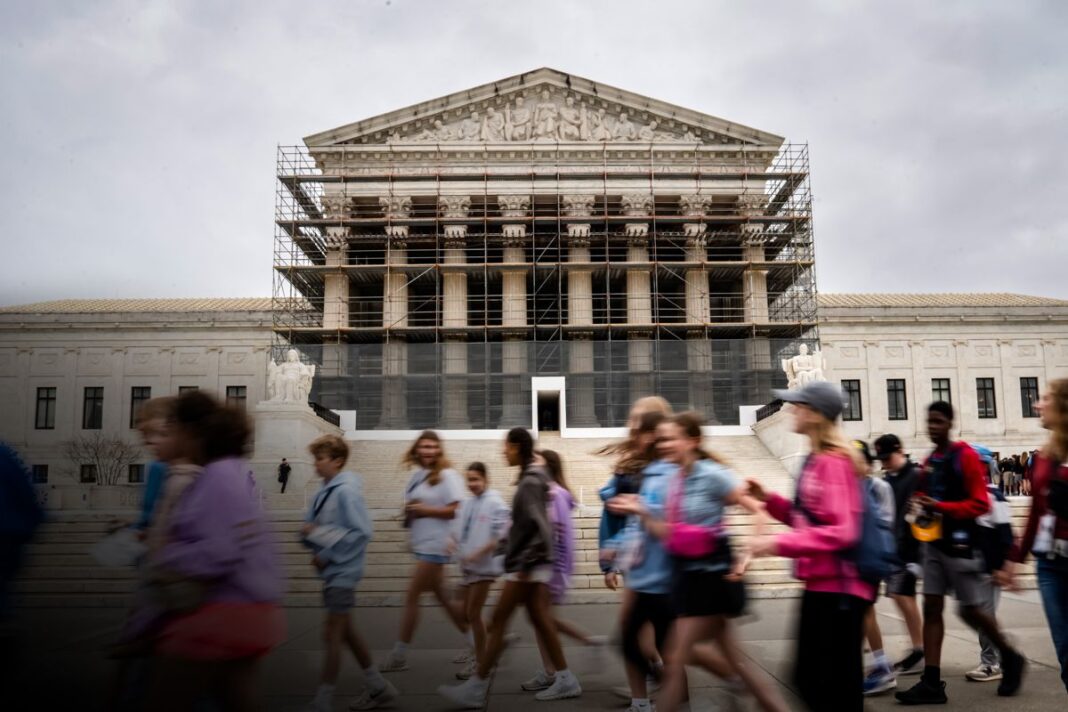Commentary
This is not a contest of “who hits harder,” but an unavoidable collision between two systems making different trade-offs among security, supply, and growth.
Beijing treats critical materials and components as levers of national security and industrial policy, while Washington regards trade and technology rules as baseline instruments to preserve systemic advantage and allied security.
When Beijing expanded export licensing for rare earths and permanent magnet materials, Washington swiftly countered with a new 100 percent tariff and additional restrictions on software exports—moves that jolted global markets and underscored the strategic nature of the dispute.
Why Beijing Tightened Rare Earth and Magnet Export Licenses
Rare earths are not geologically scarce; the constraints lie in separation, refining, alloying, and magnet manufacturing. Beijing dominates these stages and has long absorbed the environmental and financial costs. Facing intensifying external technology controls, the state converted what had been a public goods supply into a security-driven model through tighter licensing—ensuring strategic oversight of both output and downstream use.
Through phased tightening that now covers seven major rare earth elements, the Ministry of Commerce’s Notice No. 61 (2025) broadened licensing scope and traceability, especially for military and semiconductor applications. The message is explicit: key materials and their end uses fall within state supervision.
Licensing is not a supply cut; it transforms a market-based flow into an administratively managed one. The adjustment gives Beijing greater discretion over semiconductor, defense, and new energy supply nodes. Conceptually, it mirrors Washington’s longstanding export-control regime on advanced-process tools and design software.
China still provides roughly 60–70 percent of global rare earth ore and more than 90 percent of refined materials and magnets. The United States, Europe, and Japan have reserves but lack large-scale separation and refining capacity. Expanding the licensing framework thus serves not only immediate economic aims but also long-term structural and security planning.
Did Beijing Misread Washington’s Bottom Line—and What Comes Next?
At the industrial level, Beijing sees licensing as a safety valve; Washington reads it as a direct hit on defense and high-tech supply lines, challenging its core advantage.
Politically, introducing new restrictions on the eve of a potential leaders’ meeting is viewed in Washington as a breach of goodwill, prompting retaliatory tariffs or suspension of dialogue.
- Higher and broader tariffs, adjustable in scope and timing.
- New export-license requirements on critical software, cloud, and OS services.
- Expansion of the Foreign Direct Product Rule (FDPR) to capture re-exports involving U.S. technology.
- Coordinated allied investment in magnet-alloy and heavy-rare-earth separation capacity.
Should Beijing require Chinese approval for “any 14-nm chip produced in the United States,” Washington could reciprocate by mandating export licenses for all 14-nm products bound for China. Such symmetry would reverberate through the value chain—from consumer electronics to automotive and defense manufacturing.
Neither side is miscalculating. Each is acting rationally within its own political-economic logic: Beijing pursues controllable flows, Washington enforces symmetrical restrictions. The tension arises not from misjudgment but from overlapping definitions of strategic security.
By Davy J. Wong







